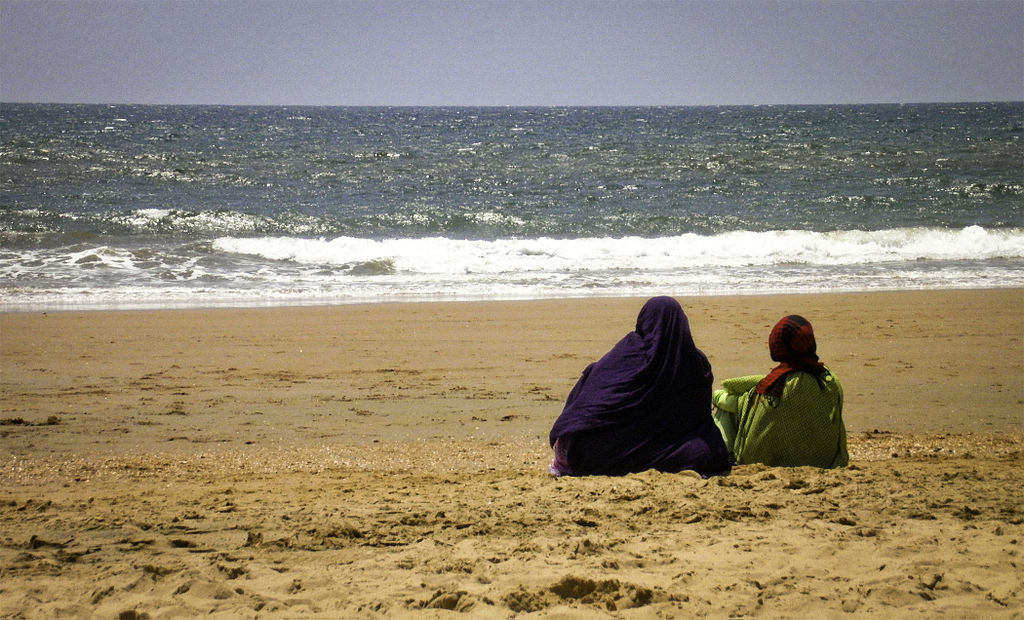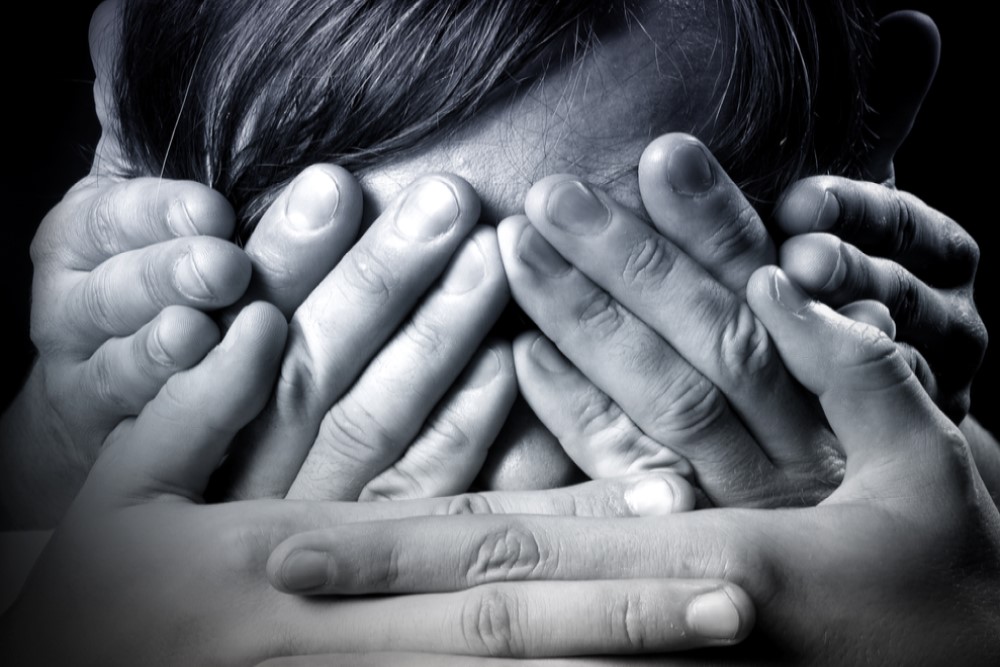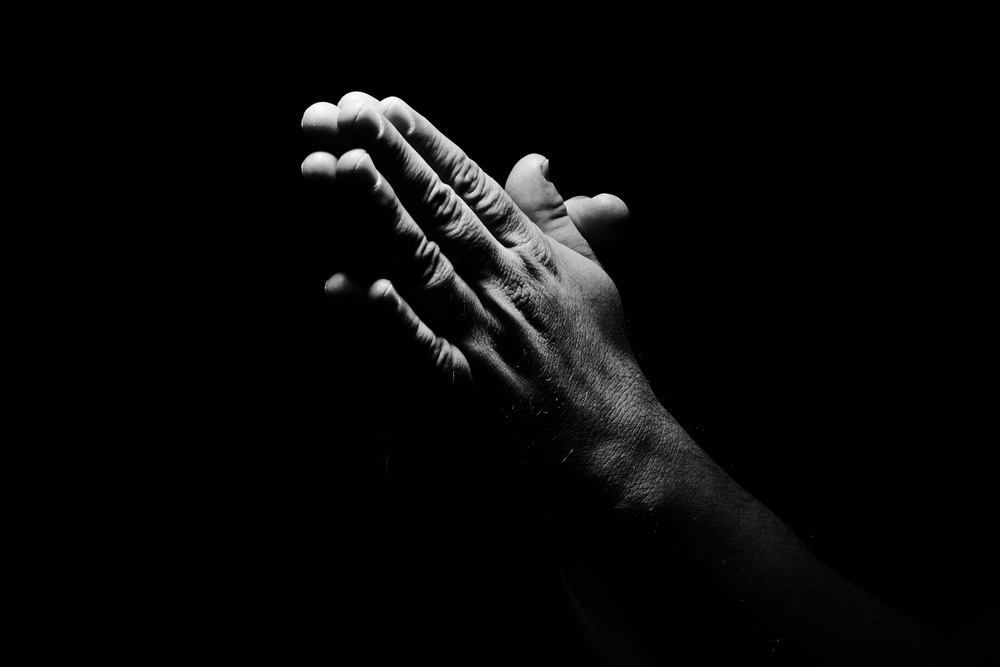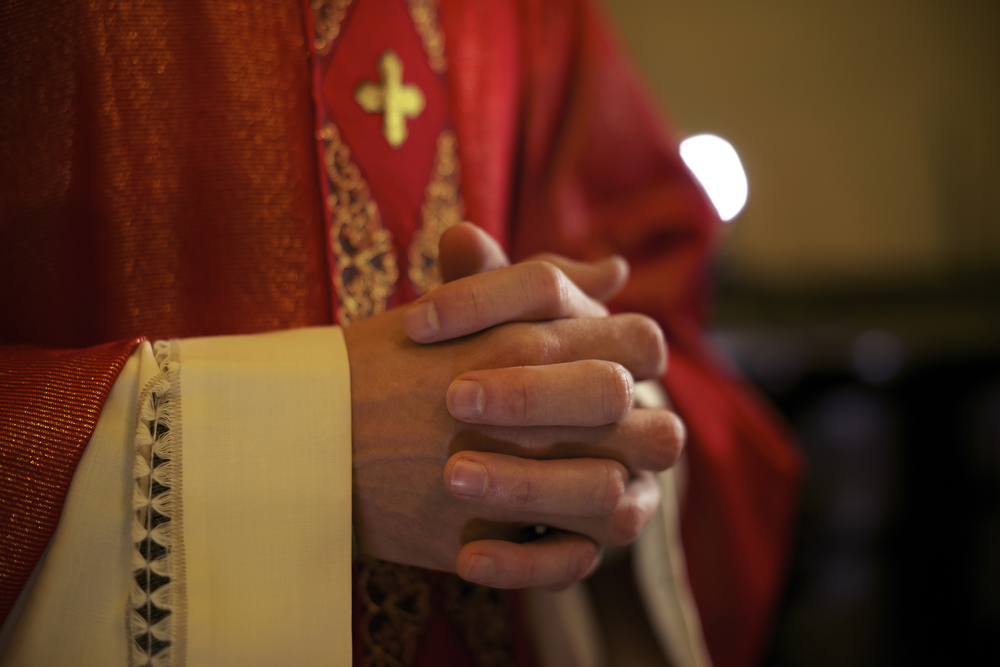“French-ness” and the Burkini Ban
Multiple cities in the French Riviera banned Muslim women from wearing a “burkini” in public, a full body swimsuit resembling a wetsuit. France’s foremost court overturned these bans, arguing they “seriously, and clearly illegally, breached the fundamental freedoms to come and go, the freedom of beliefs and individual freedom.” Over 30 cities in France had prohibited women from wearing the religiously-motivated swimsuit at public beaches, even forcing women to leave the beach and only allowing them to come back if they are wearing something more “appropriate.”
Multiple countries in Europe have been banning Muslim women from wearing traditional Islamic clothes, and the burkini has become the next step. But what exactly is a burkini from the perspective of a Muslim woman?
The burkini was created by Aheda Zanetti, a Lebanese-born Australian woman who wanted to “marry swimwear with Islamic values”. Burkinis come in a variety of colors, but all consist of a long-sleeved shirt, long pants, and a hood. They’re made from 100% polyester, provide UV protection, and dry quickly when wet. Burkinis allow Muslim women to enjoy the beach without sacrificing their modest values, and many Muslim women in France have enjoyed this freedom. One French woman, Wieem Zimzimi, stated, “the burkini is a wonderful liberation that allows some Muslim women to swim without wearing heavy robes.” As a result of the attention burkinis have gotten in media the past week, Zanetti has seen her sales increase from 10 burkini sales per day on average to 60 online orders per day.
Although Muslim women consider burkinis to be freeing, officials in France supporting the ban insist the clothing is symbolic of Islamic extremism. One supporter argues the burkini is an “extension of the burqa,” a head covering that covers the entire face, that has caused controversy in Europe, particularly in the wake of terror attacks in France. Another stated that burkinis are, “a symbol of the enslavement of women,” showing the level of disconnect and lack of communication between Muslim women and the French culture they live in. Despite the enjoyment Muslim women have gotten from Zanetti’s burkini, women are being told their modest religious values are inappropriate for the public.
Supporters of the burkini ban in France also insist that such bans further French ideas of secularism; keeping religion a private matter instead of public is important to French culture. However, Muslims seem to be the sole target of this recent push for secularism. For example, nuns were seen wearing their habits at the beach without issue, while Muslim women wearing burkinis were told their dress was inappropriate. Also, Muslim women are being told to integrate to French culture if they want to live there, a culture “which has Judeo-Christian roots, not Islamic ones.” Although French supporters of the burkini ban insist that all religions should be kept private, recent actions reveal that Islamic customs particularly strike a nerve.
In response to the French court overruling the ban on burkinis, Germany is now the latest country considering a ban on the wearing of burqas in public. Once again, the word “integrate” was used to describe why Muslims should be prohibited from wearing burqas in public, hinting there is something inherent about burqas that violates the country’s “French-ness” or “German-ness”. In an interview with German journalist Janek Schmidt, NPR’s Scott Simon points out Germany’s history of restricting religious freedom, referencing the atrocities of the Holocaust. Schmidt agrees that given Germany’s history in dealing with religious minorities, other countries in Europe will be looking towards Germany’s decision, which will likely set a precedent for future burqa and burkini bans. Although the French court deemed bans on burqas and burkinis inappropriate for a free world, Muslim women will likely continue to face opposition in France and other countries in Europe.





